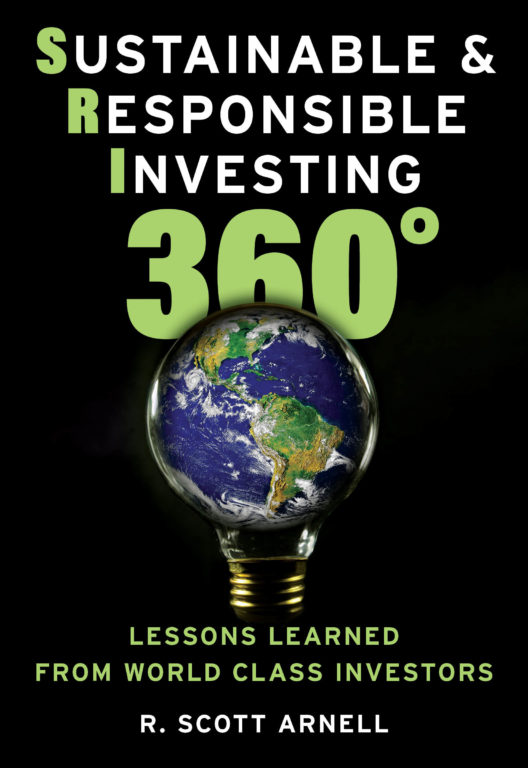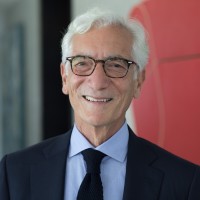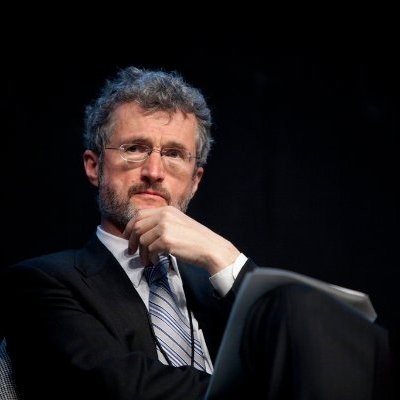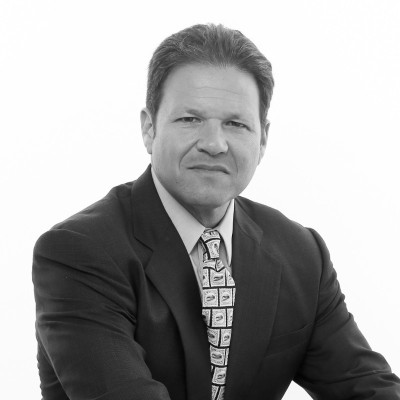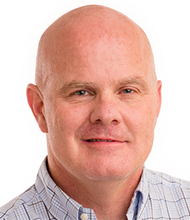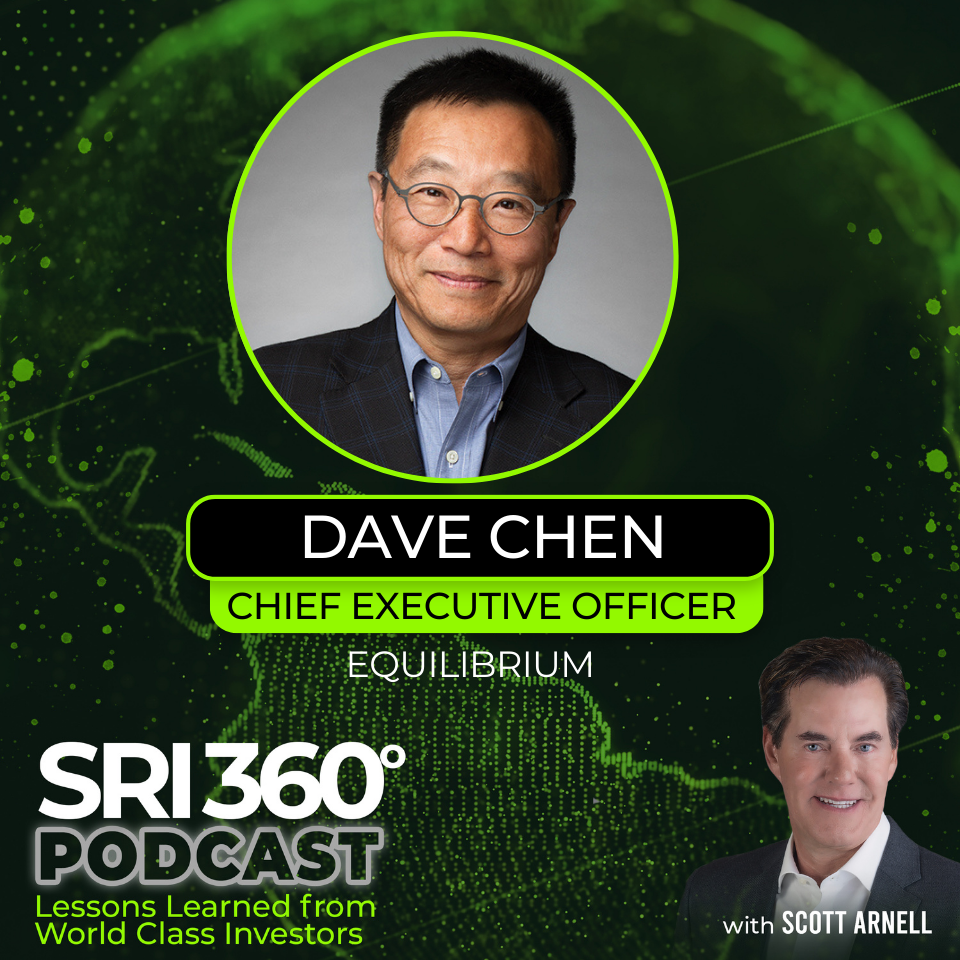
“We saw the heart of sustainability as the effective and productive use of resources. If you cracked it, sustainability was a competitive advantage. ”
— Dave Chen
Dave Chen is CEO at Equilibrium, a sustainability driven, real asset investor in the agriculture and food, and carbon transition infrastructure. He is responsible for strategy, executive leadership, and developing the firm’s investment products and asset strategies. Dave is a preeminent thought leader in sustainable real asset investing, particularly in the realm of agriculture and food investments that achieve measurable impact investment results while realizing financial returns attractive to institutional investors.
Prior to joining Equilibrium, Dave was General Partner at OVP Venture Partners, CEO/Co-Founder of GeoTrust (acquired by VeriSign in 2006); Founder of The Ascent Group; and served on the San Francisco Federal Reserve Bank Board.
Dave is an Adjunct Professor of Finance at the Kellogg School of Management at Northwestern University and taught sustainable finance and impact investing at Stanford Graduate School of Business from 2011 to 2013.
In today’s episode, Dave gives an overview of Equilibrium, provides insight into the genesis of Equilibrium’s founding, discusses how value chain analysis is in their DNA and how he philosophically considers sustainability and sustainable investing as a competitive advantage. He speaks about how Equilibrium was focused on institutional investors from the beginning and how today they make up 90% of their clients. Dave describes Equilibrium’s four main funds, including their Controlled Environment Foods Fund, and he speaks about what he calls ‘Distributed Abundance’ where hi-tech, controlled environment agriculture disconnects climate from geography enabling the ultimate ‘Do-It-Yourself’ and ‘Bring-Your-Own’ climate anywhere on earth.
We delve deeper into this concept of ‘Distributed Abundance’ and the countries at the center of controlled environment technology, the potential for this technology to develop and move into other food categories in the future, and how we will see a complete ‘rethinking of agriculture’ in the years to come.
I really enjoyed this insightful discussion with Dave, and I hope you will too!
Listen to the episode on Apple Podcasts, Spotify, Overcast, Podcast Addict, Pocket Casts, Castbox, Google Podcasts, Amazon Music, or on your favorite podcast platform. You can watch the interview on YouTube here.
What was your favorite quote or lesson from this episode? Please let me know in the comments.
SCROLL BELOW FOR LINKS AND SHOW NOTES…
SELECTED LINKS FROM THIS EPISODE:
- Connect with Dave Chen: LinkedIn, Twitter
- AgriCare
- Gerding Edlen (now known as Green Cities)
- McKinsey
- Impact: Reshaping Capitalism to Drive Real Change (book by Sir Ronald Cohen)
PEOPLE MENTIONED:
SHOW NOTES:
[00:00] Episode introduction.
[07:41] Dave shares the three key center points on which Equilibrium has been built.
[07:56] We hear about Equilibrium’s typical investors and that 90% of their clients are pension funds and sovereign wealth funds.
[10:33] We discuss Equilibrium’s four main funds.
[13:49] Dave describes Equilibrium as an Investor-Operator and we discuss what this means in real terms.
[17:30] We hear about Equilibrium’s Controlled Environment Foods (CEF) strategy and the three categories of crops grown in their hi-tech controlled environment greenhouses.
[20:27] Dave describes Holland as the ‘wellspring of knowledge’ in controlled environment technology, with Israel coming in as a close second.
[22:58] We discuss how inflection points are incorporated in Equilibrium’s strategy.
[24:24] We look at climate change and the potential impact it could have on, for example, the ‘perfect’ Mediterranean climate.
[28:01] Dave talks about the concept of ‘Distributed Abundance’ and describes controlled environment agriculture as ‘DIY climate’.
[29:19] Dave cites Russia as an example of ‘DIY climate’, with one of the largest glasshouse infrastructures built over the last decade.
[31:37] We discuss the potential for controlled environment agriculture to move into other categories of foods in the future, and that we will see a ‘rethinking of agriculture’ in the years to come.
[39:19] Dave shares his frustrations that generally, people don’t act until there is an actual crisis.
MORE DAVE CHEN QUOTES FROM THE INTERVIEW:
“The company has been built on three center points. One: sustainability is about competitive advantage and shifts in value. Two: it’s expressed in real assets. And three: we focus on institutional clients.”
— Dave Chen
“Many of the institutional investors have evolved – with sustainability or climate adaptation – overlays across their entire portfolio…and the vocabulary that we chose to use over ten years ago, speaking in the language of risk, of opportunity, of market efficiency and inefficiency, is what has resonated.”
— Dave Chen
“Of all the places in the world to think about being the vegetable capital of the world, Holland would not be one of them…and it is literally a powerhouse.”
— Dave Chen
“What happens when that climate changes? People don’t really think about climate change. They talk about it a lot, but they don’t think about it. ”
— Dave Chen



